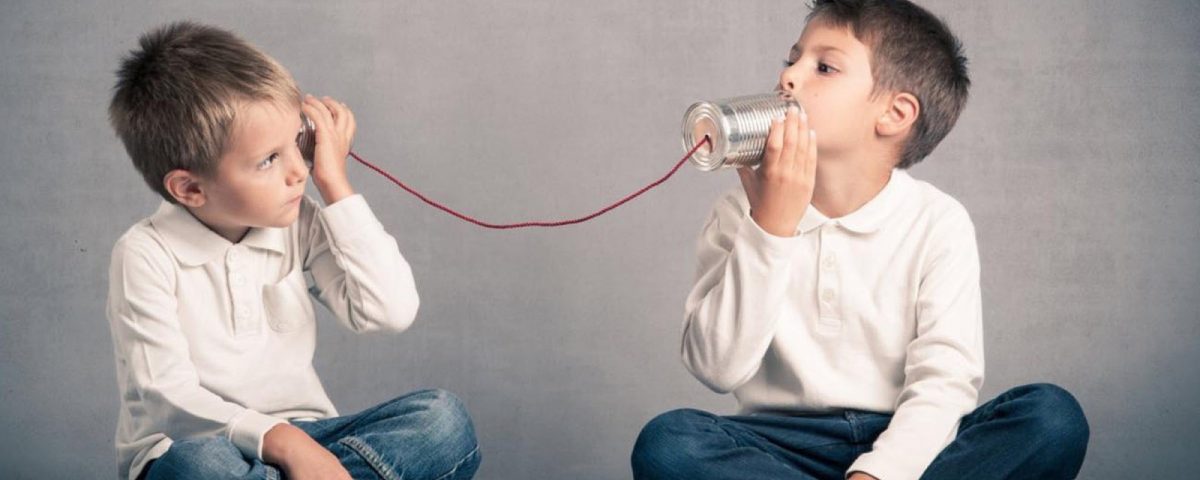Communication involves the ability to pay attention to what others are thinking and feeling. In other words, an important part of communication is not just talking, but listening to what others have to say.
So, here some tips for family Communication.
1. Good Call “Nickname”

2. Suitable words and speech to the level of family members’ thinking

Not all family members communicate in the same manner or at the same level. This is especially true of young children. When communicating with young children, it is important for adults to listen carefully to what the children are saying without making unwarranted assumptions.
It is also important to take into consideration the ages and maturity levels of children. Parents cannot communicate with children in the same way that they communicate with their spouse because the child may not be old enough to understand.
3. Good language, beautiful and easy

Healthy families communicate their thoughts and feelings in a clear and direct manner. This is especially important when attempting to resolve problems that arise between family members (e.g., spouse, parent-child). Indirect and vague communication will not only fail to resolve problems but will also contribute to a lack of intimacy and emotional bonding between family members
4. Start with a smile and greetings

Long time not been seen between each other. First of all, start with a smile and greetings. A smile is a powerful tool in creating and building a first or a new relationship. Your smile not only influences how people feel about you but it is also a great way to express your love, appreciation, and respect to those who are important to you.
Moreover, to make a positive impression on people you are greeting, look in their eyes and offer a warm, friendly smile as you tell them how pleased you are to meet or see them. This technique utilizes both verbal and non-verbal expression. To enhance your impression, include their name in your greeting and if appropriate offer a firm handshake
5. Laugh together

One of the most difficult challenges facing families today is finding time to spend together. With our busy schedules, it is difficult to find sufficient time to spend with one another in meaningful conversation. It is extremely important for families to make time to communicate.
Talk in the car; turn the TV off and eat dinner together; schedule informal or formal family meetings to talk about important issues that affect your family; and talk to your children at bedtime. There are many creative ways to make time to communicate with other family members.



